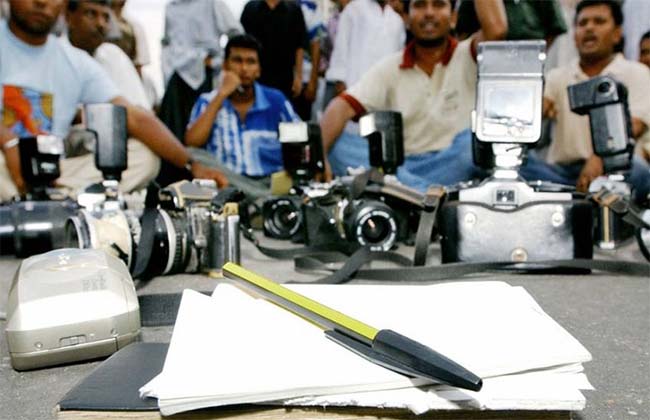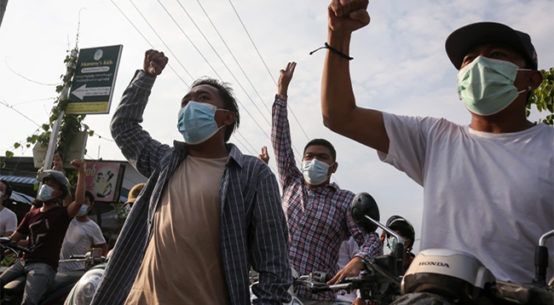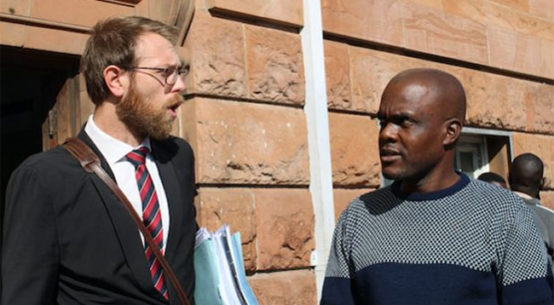
Press freedom day is being observed when the Bangladesh media is facing some of the toughest questions about its role. This issue center around the murder /suicide of a young girl who was reportedly in a relationship with a married boss of a major corporate house. The person concerned has been charged with abatement and inducing suicide and banned from leaving the country.
When the news went public many media houses named him and many didn’t. In fact on the first day, probably none did. On the second day, came the information cascade, the misinformation deluge and all else. Media was also accused of withholding, manipulating and deliberate misinforming.
Public anger against the media or the system?
The matter gained more traction when a particular media house did a “trash job” of the women concerned. It was low level journalism because it basically accused the girl of being promiscuous and so on and that her family was using her to make money. Charges against the person accused are many and they have filled up the media as public sentiment runs at a fever pitch now. The audience wants its pint of blood. There is no objective analysis around the issue but the main point is that freedom of press has become an issue of free for all rather than providing quality information. And media may not be the cause of anger at all.
The anger on the public’s side is understandable because expectation is no longer from the administration or the governance structure including the judiciary no matter how inaccurate that may be. Not finding the official structure enthusiastic about meting out even handed justice to the rich and powerful, the public expects the role to be played by the media. And that is where the problem lies. It’s not about the media but about the quality of governance. And as long as that doesn’t improve as far as this sector is concerned, the situation won’t improve as far as the media’s public standing goes.
The issue is therefore not about press freedom but freedom of governance. People feel that they are not given enough protection by the law enforcers who on the other hand are indulgent when it comes to the rich and the powerful. This idea has become so entrenched that there must be a series of dramatic acts by the police and the judiciary before public confidence rises. Many have occurred but till now the public remains skeptical.
Media and crony capitalism
The media or even governance scene is a by-product of the economic system that operates in the country which is crony capitalism. It means money is made from connections and acts and not the market. Such acts may not pass the rule of law test but does so because of connections. Hence, when connections are key, connection media will automatically rise. All the owners are part of the same crony capitalist group and therefore it’s only natural that they will protect each other.
Public expects the media to play the role of protector and protestor but given the relationship within the media along political lines, it can probably never happen. Which means the basic quality and level of press freedom that operates will not improve soon. Not unless a new tradition is established which won’t come from the old guard.
But can that happen since the trend in media ownership is clearly that of money over all else mentality ? Though very small, some trends are being noticed which shows that the old formal official media is being challenged?
Social and new media
The biggest challenge is of course from social media which has taken over public opinion building no matter how flawed. And here the crony capitalists have little say. It’s true that the DSA is active against social media but with millions of participants, the limits of DSA application on social media are obvious. It has actually failed to dent social media behavior and that means it’s a basic analog method to curb enthusiasm in a digital world won’t work. A few jails and arrests will not deter social media and it hasn’t.
Many of the crony capitalists function as long as the state is not threatened or feels it’s a burden but once it becomes obvious that carrying them beyond a point is not worth it, they are dumped. That danger is there and has been increasing. Those who have lost favour of the ruling class in the last two years are good indicators of a slow change.
But the most important change is in the rise of the digital industry. Bangladesh’s official slogan- Digital Bangladesh- actually means freedom from the connection and analog economy. In that space , the old fashioned contractor based functioning is under pressure as more join the same space and create internal competition. Few of these can enter the digital space and that is why it’s relatively free.
Bangladesh and its press freedom is about Bangladesh and its freedom from connection economy that has built an inefficient economy and structure. As the covid response showed, the “Shahed” syndrome which symbolizes the connection economy is under pressure and can only go so far. But a new mindset is needed and one must know the price to pay for not being part of it. Many may not like crony capitalism but like cronyism in general. That won’t work.
Press freedom is therefore not about media freedom but freedom is every space of life.
Afsan Chowdhury is a journalist, columnist and liberation war researcher. He received Bangla Academy Award in 2018 for his contribution to the liberation war literature.




